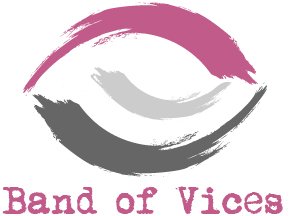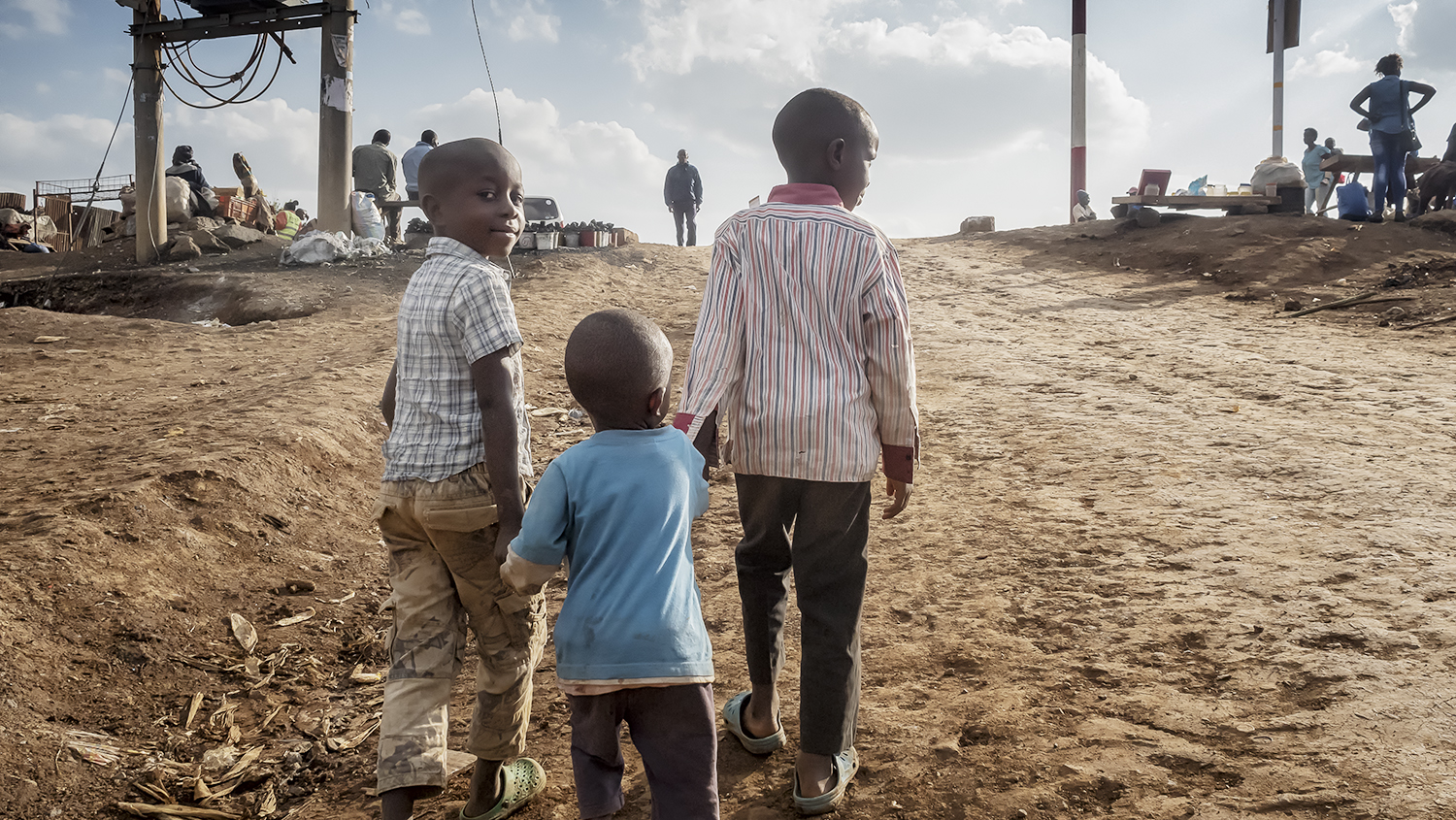ALI LEROI
The Only Life We Know:
Photography from the Streets of East Africa and South Los Angeles
Damn, I wish my nigga Fatts was here
How you die thirty somethin’ after banging all them years?
Grammynominated,
in the sauna sheddin’ tears
All this money, power, fame and I can’t make you reappear
But I don’t wipe ’em though
We just embrace the only life we know
If it was me, I would tell you, “Nigga, live your life and grow”
I’d tell you, “Finish what we started, reach them heights, you know?
“…the only life we know…” is a verse from Nipsey Hussle’s last single released during his life, “Racks in the Middle” in which he reflects on his journey as an artist, his accomplishments, and lastly the uselessness of money, power and fame to change the course of events in the lives of others, and himself. We have come to know that Nipsey was wise beyond his years and that we can find ourselves, and clarity, in his verses.
Just a few weeks before his tragic death, I had experienced of one of the greatest personal losses of my life. My marriage had ended. A final decree. A judgement. The end of 26 years of life, love, and family, had slipped from my grasp. I was both beneficiary and victim of my own excess, an actor elevated and compromised by the moment, the single moments that fuel the choices and decisions I made, I was as powerful as I was powerless, the difference being perspective. I find myself plagued by questions: Who was I? Who am I? Who will I be? While the two couldn’t be more different in substance, the outcome of any tragic loss we experience is the promise of hope. The possibility that we can be more. That life can be more than the sum of tragic parts. In this time, I began to manifest a gravitational pull toward hope. And truth.
Shortly after my separation, I visited Africa for the first time; Nairobi, Kenya. The visceral, inherent dichotomies that firmly possess Nairobi, the real Nairobi… imparted a vision of wisdom that is more gritty than any of us can imagine, and no less lyrical than what we ‘rap’ about. The day to day struggle is everywhere in Nairobi; yet the experience filled my heart and kept me moving forward, toward hope.
There, one could be barely surviving, achieving a days wage by selling single slices of bread on streets far worse than I’ve come to know in America; while the more fortunate barricaded themselves behind big, steel gated houses, surrounded by tenfoothigh walls, the teeth of barbed wire gnashing at the sky. Living in what looks like a fortress can masquerade as idyllic circumstances when your city is oft ripped by devastating acts of terrorism. No one can predict the minute details or discordant, connected moments that lead to the end– you live only knowing that one day, it will in fact, end. Neighborhood Nip must have lived in much the same way.
As a member of the Rollin’ 60s Neighborhood Crips, in South Central Los Angeles, he found a connection to the streets, and a truth that would inform his later life as artist, businessman, and activist. When his time came, his most recent transition, from rap star, to entrepreneur and family man, set the stage for his next. On March 31st 2019, Ermias Asghedom aka Nipsey Hussle, transitioned again, from hip hop artist to Icon.
In “..the only life we know..” I reflect on loss and life, exploring the middle ground… the place we occupy between highs and lows, how we manage the circumstances we live in, how we imagine things that might be and how we deal with things that are, how we are inextricably linked, throughout neighborhoods and across continents, by life and how we live, and ultimately by death and how we die, how we take the days as they come, embrace the sadness and the joy, and do what we have to do, because there is simply nothing else to be done.
Ali LeRoi
Ali Rahman Talib LeRoi was born and raised in Chicago, Illinois during the turbulent 60s, a time that gave birth to black activism and empowerment movements that resonate even more today than when they were conceived.
His love of photography began with the photojournalism he admired in Life Magazine and further inspired by the familiar, yet slick, images of Ebony and Jet Magazine. From those early investigations, Ali found the inspiration to execute his own street photography in the visual vernacular of Blackness; Images centered on depictions of black people rapt in the grandeur of their humanity, beset with complex narratives, far-expanding familial ties and the latency of desire. Black men, women, and children fill his frame with their hopes and dreams and experiences that extend beyond an all too familiar framing of black life as one of monolithic struggle and a singular pain. His imagery offers representations of the variety of black experience, the black space, broken yet thriving, and a portrait of a people in search of their place to call home. His work can be described as a gesture, one that allows the viewer to witness a subject in a manner that might enable one to see as deeply into oneself.
Having begun his career in Chicago as a comedian, ultimately transitioning into work as a television and film writer/producer and director, Ali is also a practicing musician, with photography being his latest expression in an evolving passion for art. Ali has won an Emmy, and been nominated for five. He’s won two NAACP Image Awards, was nominated for a Golden Globe, a WGA Award ( Writers Guild Awards), and has been recognized by AFI ( American Film Institute) for his outstanding achievements in television.
Ali has also served on the Board of the Producers Guild of America, is currently a board member of the Los Angeles Center of Photography, and holds the current chair as President of The Humanitas Prize, a nonprofit organization that awards and promotes the craft of television and film writers.
Originally from Chicago, Ali LeRoi currently lives in Los Angeles.
CV
Born 1962
Resides Los Angeles, CA
Solo Exhibitions
2018 “Ali LeRoi: Self Portrait” Bradford Stewart Art, Culver City, CA
2016 Humanitas Prize Portrait Portrait Gallery Directors Guild of America, Los Angeles, CA
Group Exhibitions
2018 “FOCUS photo L.A.”, Focus photo L.A. Gallery, Silverlake, CA
2018 “Street Shooting Around the World”, Los Angeles Center of Photography, Los Angeles, CA
2017 “LACP Members Show”, DNJ Gallery, Culver City, CA
2017 “LACP Portrait Show”, DNJ Gallery, Culver City, CA
2016 “Street Shooting Around the World”, Los Angeles Center of Photography, Los Angeles, CA
2015 APA/ “Off The Clock” Santa Monica Art Studios, Santa Monica, California
Lectures & Panels
2018 Street Week at the Los Angeles Center of Photography, Los Angeles, CA
Bibliography
2017 Los Angeles Review of Books Quarterly Journal no.15, Revolution Issue
Featured Artist
2017 The ABCs of Molesting Me, text and illustrations by Kali Londono, photographs by Ali LeRoi








